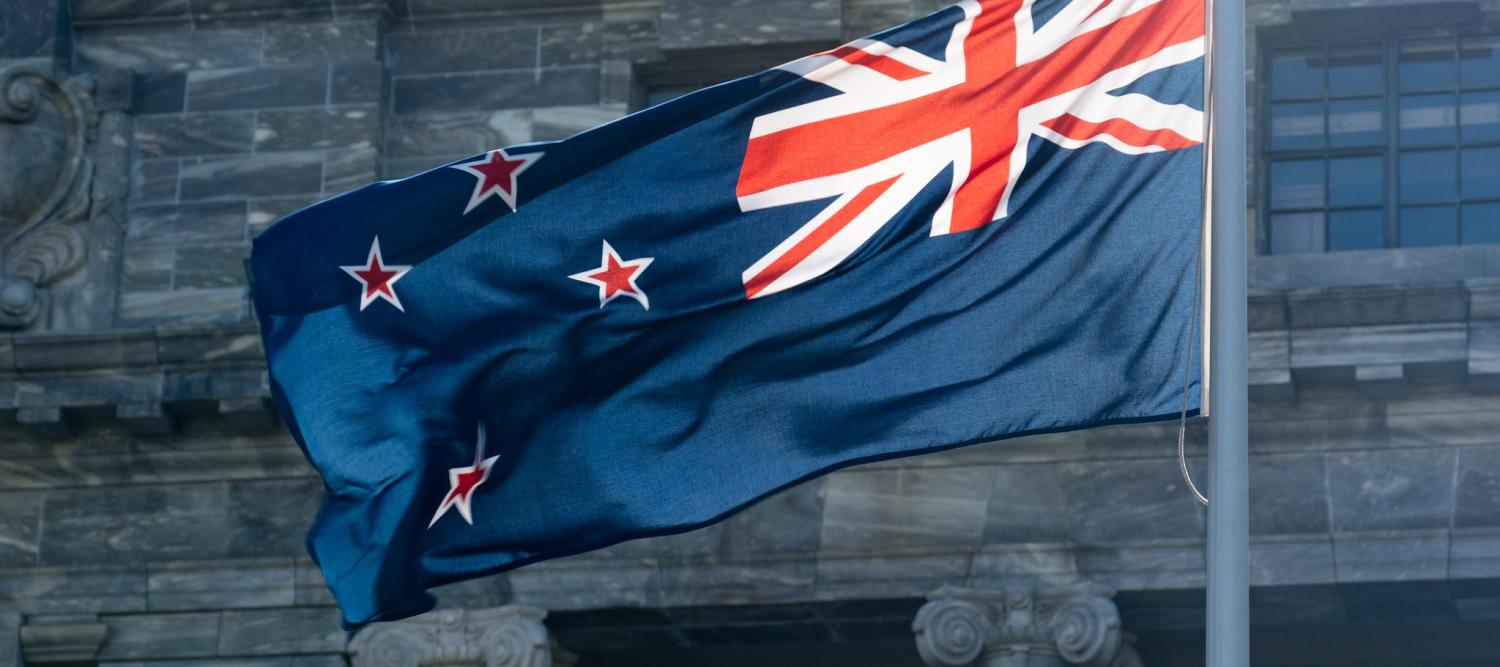Almost 20 years ago to the day, then-Foreign Minister Alexander Downer addressed the University of Auckland on Australia-New Zealand relations:
First and foremost, the Australia-New Zealand relationship is a partnership of equals. We do not offer each other unsolicited or patronising advice on how to run domestic or foreign policy. Rather, we work together in a spirit of genuine cooperation based on shared interests, perspectives and values. That is the only secure basis for a mature relationship. It is why the relationship has proved to be so durable.
The durability and maturity of that relationship was put to the test this week. Following the revelation that Deputy Prime Minister Barnaby Joyce was in fact a New Zealand citizen (thus bringing the legitimacy of Joyce's election to the lower house seat of New England into question), Prime Minister Malcolm Turnbull and Defence Industry Minister Christopher Pyne both accused the Labor Opposition of conspiring with a foreign power to undermine the Australian government.
Those accusations rest on New Zealand Labour's Chris Hipkins asking two parliamentary questions of New Zealand Internal Affairs Minister Peter Dunne regarding the hypothetical citizenship status of those born in Australia to New Zealand parents, following a conversation between Hipkins and Labor Senator Penny Wong's Chief of Staff Marcus Ganley, himself a New Zealander.
Wong, Ganley and the rest of Wong's staff claim no knowledge of Hipkins' parliamentary questions, and Dunne himself has refuted a news story claiming that Hipkins' questions caused New Zealand officials to inform Joyce of his status. So the basis for these charges seems, for now, pretty weak. Enquiries were lodged with Joyce's office by Fairfax media on 7 August, prior to Hipkins' questions to Dunne in the NZ Parliament a few days later.
That did not prevent Foreign Minister Julie Bishop from, in a single press conference, rejecting Dunne's version of events, accusing Labor leader Bill Shorten of 'treacherous behaviour' and putting the Australia-New Zealand relationship at risk, and stating that she would find it 'very hard to build trust' with the New Zealand Labour politicians involved should there be a change of government at the upcoming New Zealand election. She later claimed that Australian Labor's conduct was 'in direct breach of the international obligations of non-interference'.
Bishop's performance in that press conference is at stark odds with her reputation for steadiness. Just this weekend, Fairfax columnist Peter Hartcher described her as 'an outstandingly successful' and 'always polished' foreign minister, citing former US Ambassador to Australia John Berry's assessment that there was 'none finer'.
Attempts by Australian ministers to portray the New Zealand Labour Party as either knowing or unknowing co-conspirators have, once again, brought Australian parochialism to the international stage. This time, thankfully, it's limited to the Tasman (though not for lack of trying, with Pyne wondering aloud whether Labor might also be colluding with political parties or governments from Indonesia, China, Japan and the UK).
New Zealand Foreign Minister Gerry Brownlee was all too happy to repeat Julie Bishop's line that Hipkins' question prompted officials to contact Joyce, though Internal Affairs Minister Peter Dunne refuted that line again this morning. New Zealand Labour Leader Jacinda Ardern has lodged a complaint over Bishop's comments with the Australian High Commission.
The chronology of events favours Hipkins. Had Fairfax's enquiries been submitted after his parliamentary questions, allegations of Labour-Labor collusion would have more merit. But in any case, for Bishop, Pyne and Turnbull, the potential benefits of their line of attack are minimal. If nothing comes of their accusations, it becomes all the more apparent that they were intended as a political smoke bomb. And even if some planned conspiracy is ultimately revealed, it would be extremely unlikely to disturb Wong's position on the frontbench – muckraking is hardly 'treachery'.
Moreover, it would prove only a momentary distraction from the fact that Barnaby Joyce was a New Zealander at the time of his election. It would not change the political mathematics at play for the government. 'Collusion' or not, if the High Court rules against Joyce it would prompt a by-election and throw the government into chaos until Joyce's likely (but not certain) re-election.
Sacrificing foreign policy for the sake of domestic politics is hardly rare. As troublesome as it may have been for then-Ambassador Greg Moriarty, alienating Indonesia by abruptly suspending the live cattle trade in mid-2011 was worth it to then-Prime Minister Julia Gillard, as it quelled a potential backbench uprising. That move had clear political merit, but this time it’s doubtful New Zealand Labour (not to mention the New Zealand public) have been riled in the service of good politicking.
Turnbull and Bishop may well need to deal with a Prime Minister Ardern. Their decision to pursue an unlikely narrative for little appreciable benefit makes a rocky, unproductive start more likely.

